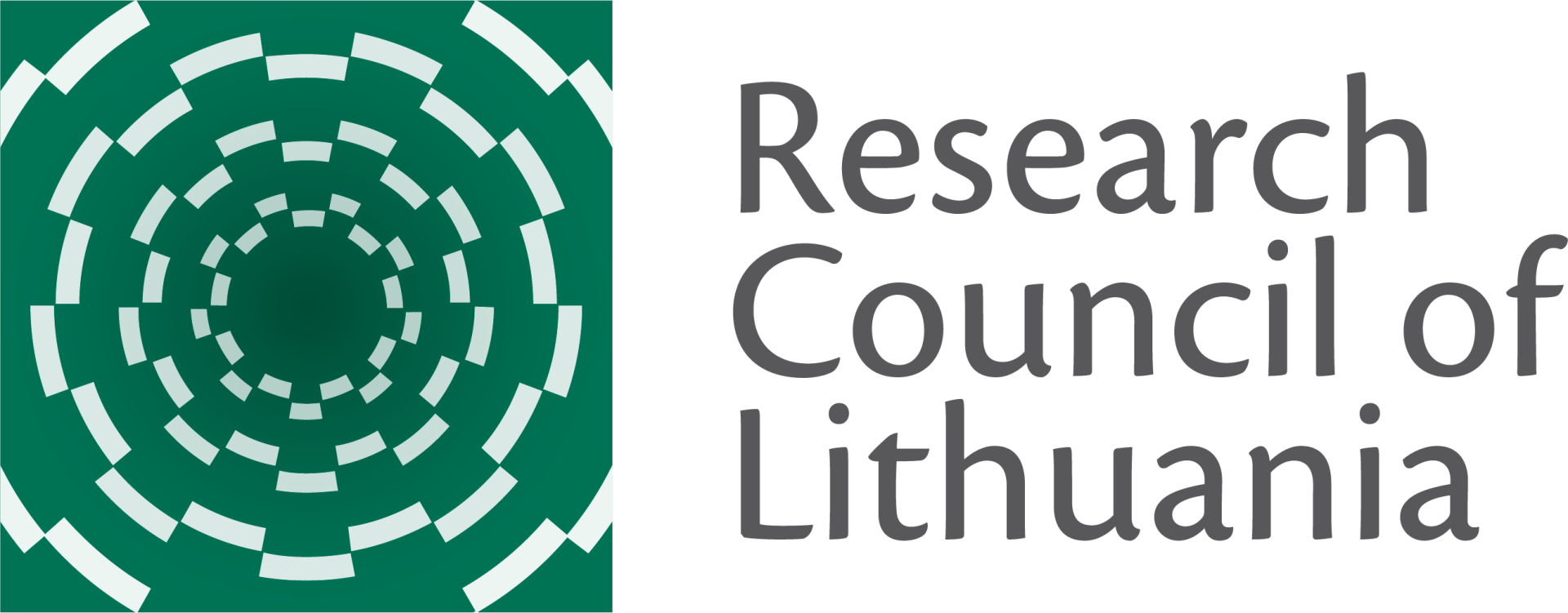Project idea
Lithuania's foreign policy in recent years has undoubtedly been characterised by memorable decisions and activism that set it apart from other small and developed countries. This trend raises the questions of what has led to such a foreign policy, how successfully or unsuccessfully it has adapted to changing external and domestic circumstances and inquire on the reasons for its successes and failures.
This project aims to demonstrate, by researching Lithuanian foreign policy from 2015 to 2024, applying the status-seeking behaviour analysis and ontological security theory, how a small state is developing an activist foreign policy in the face of the constraints and threats from the international environment and trying to overcome its ontological anxieties.
The objectives of the research are:
1) to analyse the main foreign policy trends for the period 2015-2024;
2) to explore the strategic representations of Lithuanian foreign policy through discourse analysis;
3) to analyse and evaluate the Lithuanian foreign policy instruments, decision-making mechanisms and implementation;
4) to conduct four in-depth case studies using process tracing: on managing the Russian threat; analysis of Lithuania's Eastern policy; the shift towards the Indo-Pacific; and balancing the EU and US interests.
Conference presentations:
Annual Lithuanian Political Science Conference “Vision of Resilience: Governance and Politics in the Context of Uncertainty”, 4-5 December 2025, Prof. Dr. D. Jakniūnaitė & Dr. J. Lingevičius’ presentation – „Lietuvos užsienio politikos trajektorijos: tarp vertybių ir saugumo“. Presentation slides.
Annual Lithuanian Political Science Conference “Vision of Resilience: Governance and Politics in the Context of Uncertainty”, 4-5 December 2025, P. D. Petrošius’ presentation – „Atsparumo siekimas žadinant miegantį milžiną: Lietuvos pastangos užsitikrinti Vokietijos karinę ir diplomatinę paramą nuo 2014 m. iki dabar“. Presentation slides.
EISA PEC2025 Conference, 25-29 August 2025, Prof. Dr. D. Jakniūnaitė’s presentation – „The Role of International Status Narratives. Why value-based foreign policy? Understanding Lithuanian Choices 2021-2024“. Presentation slides.
Dissemination:
LRT, 22 September 2024, article by D. Jakniūnaitė, V. Beržiūnas, and J. Lingevičius - “Rinkiminės Lietuvos užsienio politikos programos: vizijos mažai”.
LRT, 29 September 2024, article by D. Jakniūnaitė, V. Beržiūnas, and J. Lingevičius - “Lithuanian parties and foreign policy – Taiwan no longer a focus”.
Jaunųjų politologų mokykla, 24 January 2025 D. Jakniūnaitė’s presentation – “Statuso ir vertybių vaidmuo tarptautinėje politikoje”. Presentation slides.
LRT podcast „Buvo nebėra“, 24 November 2025, conversation with J. Lingevičius – “Lietuvos diplomatijos pradžia su „NATO baliais“ ir nepilnavertiškumo jausmu”.








